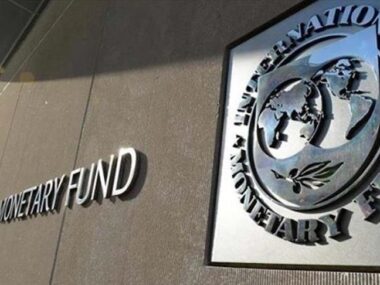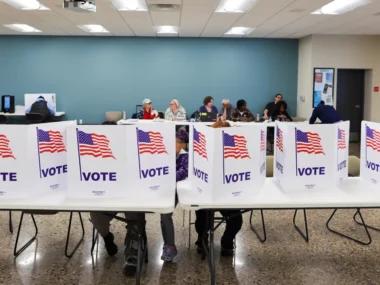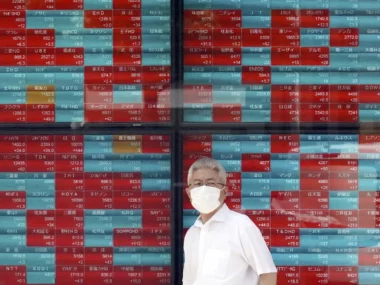For over a year, economists and political strategists have grappled with a perplexing dilemma: The economy is in a favorable state, but Americans consistently express a negative view of it.
Despite numerous positive developments, such as a decrease in inflation, an exceptionally strong job market, and resilient consumer spending, Americans continue to harbor feelings of pessimism, particularly when they respond to pollsters’ inquiries.
According to a recent CNN survey released on Tuesday night, a substantial 72% of all Americans believe that the current state of the country is unfavorable, and 66% consider the economy to be of “extremely important” significance when deciding their vote for the upcoming year.
Only a mere 2% of voters believe the economy is in an excellent state, as revealed by a separate New York Times-Siena College poll recently released. This perception could pose a significant challenge for Democrats as they promote Bidenomics, despite their relatively strong showing in Tuesday’s elections.
However, there is a paradox within this puzzling scenario, and it revolves around the fact that, despite what Americans express, their behavior doesn’t reflect a population particularly concerned about the economy.
People generally don’t spend substantial sums on Taylor Swift concert tickets, lavish steak dinners, or vacations if they are genuinely worried about their financial stability and the next paycheck. Yet, this is precisely what the American public has been doing consistently, month after month, even in the face of rising borrowing costs.
Consumer spending, which serves as the primary driver of the US economy, propelled the growth of the US gross domestic product (GDP) at an impressive annualized rate of nearly 5% in the last quarter, more than twice the rate of the preceding quarter.
However, to sustain this spending spree, Americans are venturing into some precarious financial territory, a move typically associated with either desperation or a strong sense of job security due to a thriving labor market.
While some individuals find themselves in the first category, where financial stress compels them to spend, many are doing so with abandon because they believe they have the means to do so. This is evident in the increased rate at which Americans are tapping into their 401(k) retirement savings accounts to cover their expenses.
Simultaneously, Americans are accumulating historic levels of credit card debt and struggling to keep up with their payments. The total credit card balances have reached a new peak at $1.08 trillion.
This complex combination of contradictory sentiments isn’t merely an abstract issue for economists. It also presents a political challenge that has the potential to influence the dynamics of the 2024 presidential race.
So, What’s the Explanation For This Situation?
Federal Reserve Chair Jay Powell’s statement that “people hate inflation” holds some truth, but it’s a nuanced issue. People typically don’t pay much attention to inflation when it’s at a barely noticeable 2% or even 3.7%. What they truly care about is the actual prices they pay, which should ideally not be rising significantly.
For instance, your morning coffee may still cost 60 cents more than it did before the pandemic, and businesses like Starbucks have little incentive to lower prices when they know consumers are willing to pay the current rates. This is a fundamental aspect of business, which neither Democrats nor Republicans can easily change. It’s worth noting that selling addictive stimulants at a premium price is a robust business strategy.
While paying more for everyday items like coffee is certainly a concern, there are deeper issues contributing to our collective unease. One significant issue is housing, which Americans have been told from a young age is essential for building wealth. However, housing hasn’t been this expensive since 1984, owing to a combination of high property prices and elevated mortgage rates. Currently, it takes nearly 41% of the median household’s monthly income to cover the principal and interest payment on a median-priced home.
For young people living paycheck to paycheck, the dream of homeownership and the financial security associated with it seem frustratingly out of reach. This is a psychological wound that may require more than just monetary policy to address.











